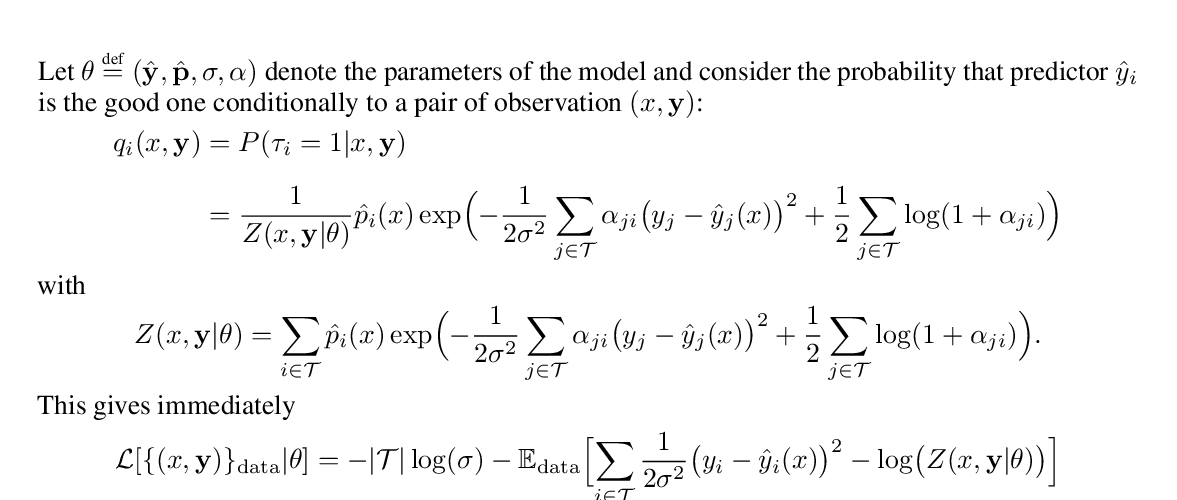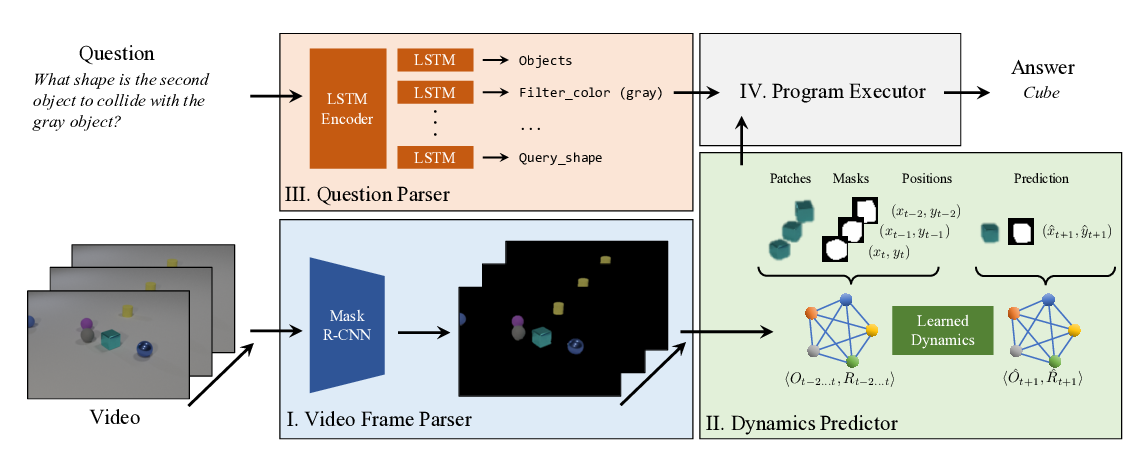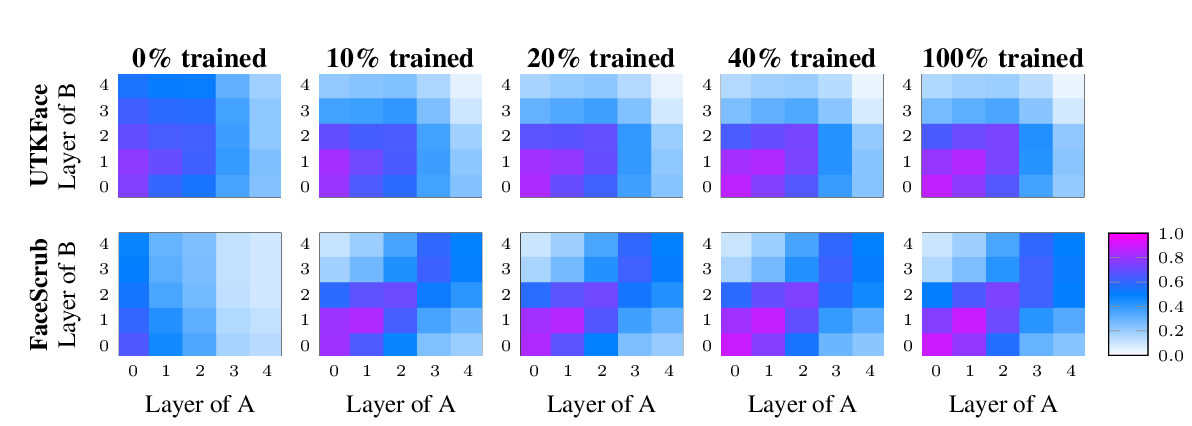Abstract:
Despite alarm over the reliance of machine learning systems on so-called spurious patterns, the term lacks coherent meaning in standard statistical frameworks. However, the language of causality offers clarity: spurious associations are due to confounding (e.g., a common cause), but not direct or indirect causal effects. In this paper, we focus on natural language processing, introducing methods and resources for training models less sensitive to spurious patterns. Given documents and their initial labels, we task humans with revising each document so that it (i) accords with a counterfactual target label; (ii) retains internal coherence; and (iii) avoids unnecessary changes. Interestingly, on sentiment analysis and natural language inference tasks, classifiers trained on original data fail on their counterfactually-revised counterparts and vice versa. Classifiers trained on combined datasets perform remarkably well, just shy of those specialized to either domain. While classifiers trained on either original or manipulated data alone are sensitive to spurious features (e.g., mentions of genre), models trained on the combined data are less sensitive to this signal. Both datasets are publicly available.



